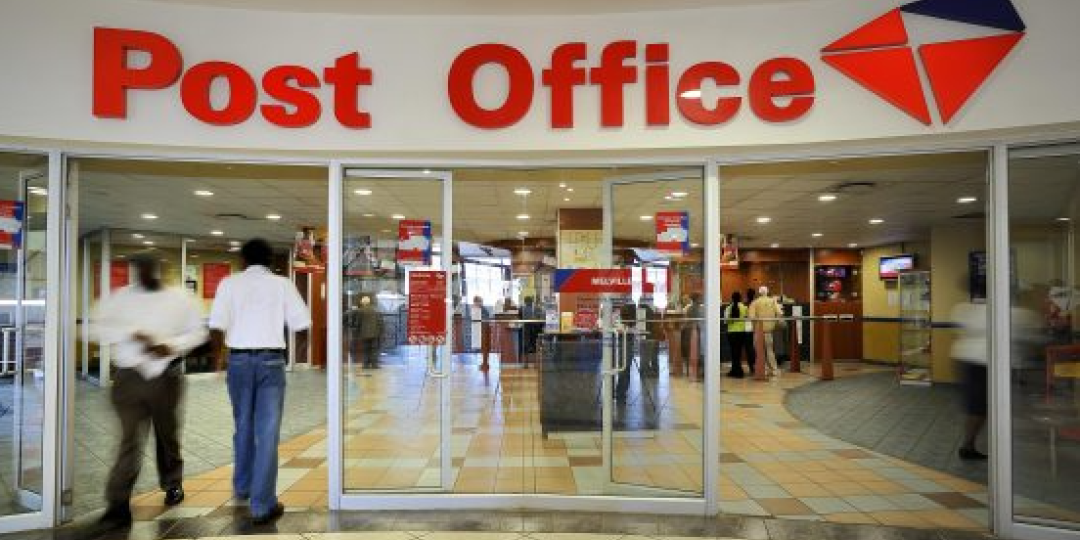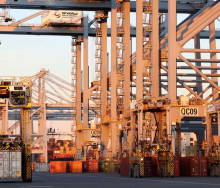The South African Post Office (Sapo) is fast running out of time – and money – but still has an exclusive logistical responsibility to deliver all parcels weighing less than a kilogram to all people living within the country’s borders, no matter where they live.
Based on the above, Sapo’s business rescue practitioners (BRPs) are trying to impress upon Parliament the urgency of proceeding with bailout funding of R3.8 billion.
In addition, the business rescue plan for the corruption-crippled state-owned enterprise (SOE) was always premised on receiving an initial bailout tranche of R2.4 billion.
According to one of the BRPs, Anoosh Rooplal, funding to rescue the Post Office from imminent closure will enable Sapo to upgrade neglected facilities over the last 15 to 20 years.
But Parliament’s Communications and Digital Technologies portfolio committee has scoffed at a report warning that unless drastic measures are taken to turn Sapo’s operations and balance sheet around, South Africa will have no Post Office to see in the Festive Season.
Acting CEO Fathima Gany told the committee the situation was dire.
"Based on the latest financial projections, at the current run rate and with no further capital injection by the fiscus, Sapo will only have cash reserves up to October.”
Called Day Zero, closure before the end of the year would be unavoidable, she said, unless the necessary bailouts were received.
But committee chair Khusela Diko said the sense of urgency was news to Parliament, which had been informed of Day Zero a month before it was expected.
Sapo was also taken to task about what its turn-around strategy was, a concern for which Rooplal has faced considerable heat.
Thus far, he said BRP actions had entailed driving down debt from R8.7 billion to R440 million after creditors accepted a deal in March whereby they would receive 12c to every rand owed.
This means that the Post Office was more solvent than before, although it also had to retrench about 6 000 of its 11 000 employees and close 400 non-profitable branches.
Rooplal said Sapo still had a network of 657 branches.
“The Post Office has a social mandate and is governed by the Postal Services Act, which requires us to have operations in all geographic areas of South Africa, including rural areas.
“Unlike commercial operators who can very quickly close down loss-making operations, we don’t have that luxury. We have a social mandate to fulfil.
“If one contrasts that to urban areas where people have quick and easy access to devices and to WiFi, that’s not the case in rural areas. There is still a demand and a need for alternative communication, and the post office is providing that service.”
Considering the upsurge in e-commerce and its need for parcel freight, there was a distinct business case to be made for the role that the Post Office could fulfil, in addition to the flourishing of private-sector express cargo companies, said Rooplal.
Sapo is expected to appear before Parliament again before the end of September to state its case why billions in bailout funding are required to avoid ‘Day Zero’.













